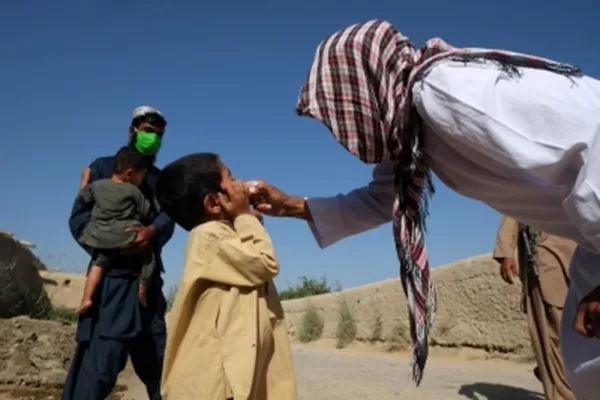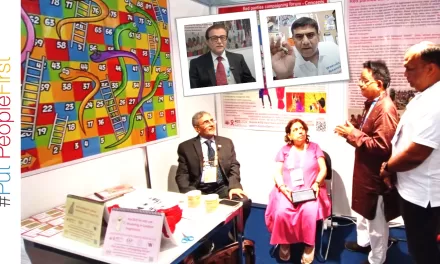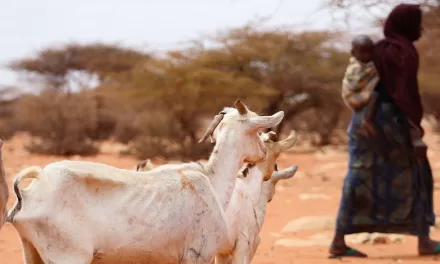Islamabad – Pakistan is grappling with a resurgence of poliovirus as another case has been confirmed, raising concerns about the country’s ongoing battle against the crippling disease. The National Institute of Health (NIH) reported the country’s second case of Wild Poliovirus Type 1 (WPV1) this year after a sample from Sindh’s Badin district tested positive at its laboratory in Islamabad.
The resurgence of polio in Pakistan has been further underscored by environmental samples collected from 26 districts last week, which confirmed the presence of WPV1. The detection of the virus in these areas poses a significant risk to children, making them vulnerable to contracting the disease.
Pakistan and Afghanistan: The Last Strongholds of Polio
Polio remains endemic in Pakistan and Afghanistan, the last two countries in the world still struggling to eradicate the virus. Pakistani authorities have acknowledged several challenges that have hindered the fight against polio, including security concerns, vaccine hesitancy, and misinformation. These factors continue to slow down eradication efforts despite persistent global initiatives.
The provinces of Balochistan, Khyber Pakhtunkhwa, and Sindh are among the worst affected areas. Political instability, inadequate sanitation, lack of access to clean drinking water, and corruption have exacerbated the crisis. Furthermore, security threats often prevent vaccination teams from reaching target populations, posing a major obstacle to immunization campaigns. Vaccine hesitancy fueled by misinformation remains another significant challenge, as some parents refuse to vaccinate their children.
India Offers Support for Polio Eradication
Amidst these challenges, neighboring India has extended an offer of “full cooperation” to Pakistan in its fight against polio, calling it a “cause for concern.” In an effort to prevent the reintroduction of the virus, India has launched polio immunization drives along its borders with Pakistan, Bangladesh, Bhutan, Nepal, and Myanmar. These campaigns include round-the-clock special booths providing vaccinations to all eligible children.
Need for an Aggressive Eradication Strategy
Health analysts argue that Pakistan must adopt a more aggressive strategy to curb the spread of polio. This includes strengthening governmental measures such as routine immunization, awareness campaigns, and enhanced support for frontline vaccinators. Without immediate and coordinated action, the goal of polio eradication could remain elusive, prolonging the risk to countless children across the country.
Disclaimer: This article is based on publicly available reports and statements from health authorities. Readers are advised to refer to official sources for the latest updates on polio eradication efforts in Pakistan.











